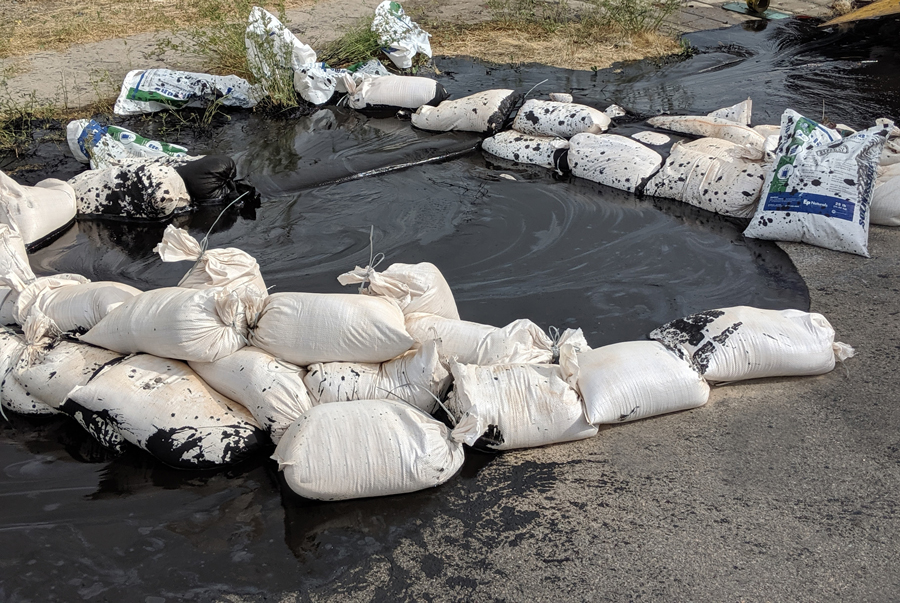
How and Why do Oil Spills Happen
Oil spills are potential environmental catastrophes that need to be addressed promptly as they have a tendency of damaging vulnerable ecosystems. While they most often occur inadvertently on the interstate or a water body, it is important to contract an OSRO Inland Responder (Oil Spill Response Organizations) to manage the remediation. Read on to find out how and why do oil spills happen and how to prevent oil spills from happening or the best means to contact a team for remediation.
Why do oil spills happen?
Since oils are used in vast quantities across the country, they are usually stored and transported in large volumes. During transport, there is a possibility that the oil is spilled onto land or waterways. Spilled oil begins to move and can be further affected by weather which further breaks it down and changes its physical and chemical properties. At this point, the oil threatens the surface resources and recovery may take a few hours to years depending upon the severity, remediation efforts and environment. When spills occur, there is a considerable amount of risk to human health and the environment. While every effort must be made to prevent oil spills, once it has occurred the focus must remain on cleaning and prompt remediation. Unmanaged oil spills can pose a significant threat to the environment where it occurs. It is important to have a proven OSRO Inland Responder known for providing nationwide remediation to oversee the oil spill cleanup.
Factors to Consider at Oil Spills
When assessing an oil spill, the company leverages their extensive knowledge along with specialized tools to perform a safe and effective cleanup. Dense and heavy oils such as crude oil pose a greater issue as their evaporation rate is slow when compared to light and volatile oils such as diesel, gasoline or jet fuel. Oils of a higher density have a tendency to sink which makes it more difficult to extract from the environment. Additionally, an environmental cleanup company, like Enviro Care, will consider the oil type, quantity, spill source, environment and the proximity to human or animal population. There are certain factors that complicate an oil spill cleanup including the wind, sun and water patterns in addition to the location of the oil spill. Immediate response is often essential which further enhances the importance of an emergency dispatch team that is available 24/7 and ready to reach the location.
Emergency Response to Oil Spills
Enviro Care is a proven OSRO Inland Responder that has been providing nationwide remediation for years. For better accessibility to reach oil spill locations in a timely manner, we have mobile facilities that can be deployed to assist with decontaminating wildlife species or any other resources as needed. Oil spills can be controlled by a number of means including - booms, chemical dispersion, combustion, containment and/or absorptions techniques. We have a fleet of response trucks and trailers that are stocked with at least a half-mile of containment boom and a half-mile of absorbent boom at all times. Containment booms are used to control the spread of oil, reduce the possibility of polluting surrounding areas and help concentrate the oil in thicker surface areas. The boom is used to absorb and contain oil depending upon the location and extent of the oil spill. In addition, we are equipped with frac tanks, liquid vacuum tanks, absorbents, portable lighting systems, roll-off boxes and all levels of personal protective gear for emergency response to oil spills.
Whatever the scenario or environment, Enviro Care provides the right oil spill solution for the most efficient oil spill response.
